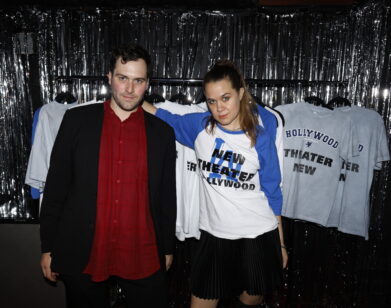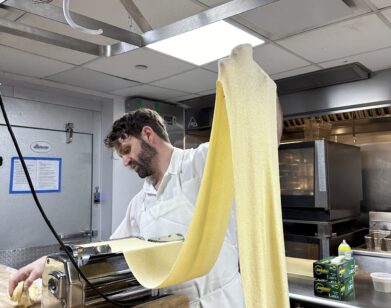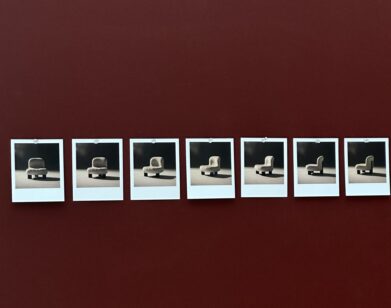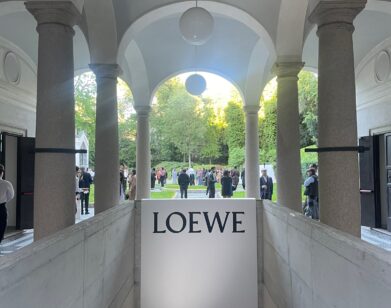Claire Bidwell Smith’s Literary Inheritance
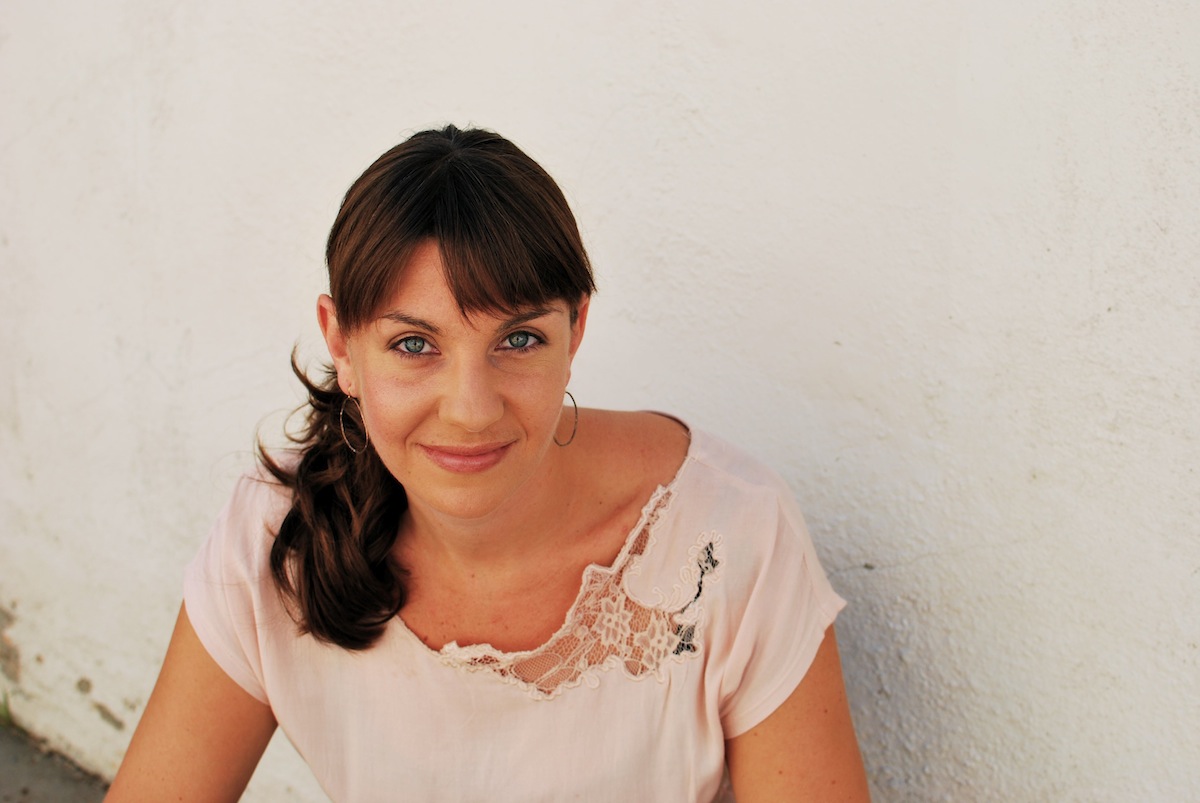
ABOVE: CLAIRE BIDWELL SMITH
What we lose can shape our lives. For Claire Bidwell Smith, her parents’ deaths, both from cancers, was both a loss that would inform how she made her own decisions. In Smith’s memoir The Rules of Inheritance (Penguin/Hudson Street), the author poetically describes her relationships with her parents and the illnesses that eventually claimed both their lives. From a college freshman eager to be independent and embarrassed at her mother’s inappropriate overtures during a final parents’ weekend—Smith is at the time unaware her mom will die days later—to a lost journalist traveling from coast to coast writing for high-profile glossy magazines, losing herself in lonely letters, Smith holds nothing back in her account. Smith delivers a confessional memoir of devastation, but also of rebuilding. Now a mother herself, she explores family: how it binds, what happens when it breaks and how to start over. We spoke with Smith about the freedom grief can bring, last minute trips to Tahiti, heartbreak, feeling unlovable, and what it was like to finally face her pain.
ROYAL YOUNG: How does grief become a driving force behind what we do?
CLAIRE BIDWELL SMITH: It’s a huge factor in shaping our identities, when you go through a loss. I think it makes you very aware of how much time you have with people you love. I think it makes you very conscious of your existence, how fragile it is, and how quickly things can change. It also strips away the minutiae of life in a really great way sometimes. One thing I found really confusing when my mother died, was the freedom that came with her death, that was kind of amazing and liberating. I suddenly didn’t care about all the things that my peers cared about: getting good grades or finding the right job after college. Things like that suddenly didn’t matter so much. What mattered was living my life very presently and fully. Making choices I probably wouldn’t have made if I was living more carefully.
YOUNG: How was it to feel tremendous loss, but also that it freed you?
SMITH: I feel like I’ve had the opportunity to relish my life and pursue exciting adventures and to walk away from things that weren’t great. I think a lot of us, as humans and especially Americans, have a tendency to stick to things that aren’t so great. Jobs we don’t like or places we don’t want to live because we think it’s what we should be doing. When you experience a loss like that, you get this, “Fuck it, I’m not going to work this stupid job that’s no good for me,” and “I’m not going to live in this small town I don’t really want to be in, I’m going to do what I really want to do no matter the cost” attitude. But that’s also made things complicated. It took me a long time to learn how to be responsible. To care about things like bills and future plans. I’ve had to find a balance. But it makes for an exciting like, I’ll tell you that.
YOUNG: What’s exciting about it?
SMITH: Just that I live very presently. I live on the edge. I’ll always be the person that’s like “Yes! Let’s go to Tahiti tomorrow.”
YOUNG: Before you had experienced grief were you more cautious?
SMITH: Yes. And it is important to live a life that’s responsible and meaningful. Now that I’m a wife and mother, I’m much more grounded and less likely to run away to Tahiti. But for a while, I had nothing grounding me. I didn’t have any parents or responsibility. I was accountable to no one. In a way, that was really amazing. In a way, it was heartbreakingly lonely and terrifying.
YOUNG: When does this freedom go horribly wrong? When does it become too much? Did you ever feel like you were drowning in it?
SMITH: Oh, definitely. I think losing a parent provides too much freedom. I don’t recommend it. There were moments that were wildly beautiful, but mostly it was really hard and lonely. When I was 28 years old, I got in a car accident. It’s not a bad car accident, and I’m not hurt, but I’m very upset by it, because what I realize in that moment is I have nobody to call to help me or come get me or care. I felt like there was something wrong with me for not having that person.
YOUNG: What did you feel was wrong with you?
SMITH: I just felt like I had done something wrong to lose all those people. I hadn’t done anything wrong; obviously, I was a victim of circumstance. But I felt tainted and alienated from my peers.
YOUNG: Did you feel unlovable?
SMITH: I did. Because my parents got cancer when I was 14, I was still pretty young. There was something about it I internalized. I felt like there was something wrong with me, like people were going to say, “Oh, her parents got cancer, maybe she gave it to them. It was her fault.” I felt like no man would ever want to marry me.
YOUNG: When you’re living from that place, how does it affect your relationships with people?
SMITH: It’s not something I feel anymore, but at the time it made me very self-destructive. I drank a lot. I got angry at my friends a lot. I felt like I was misunderstood often. I wasn’t very cognizant of what they were going through, because I was so wrapped up in myself. I wasn’t a very good friend, and I mostly just imploded.
YOUNG: How did you come out of that place, and how does it feel now?
SMITH: It was an interesting process. Though it was pretty simple things like therapy and yoga, taking baths, sitting and letting myself face all the things I was dealing with. I spent so many years covering up my pain with alcohol and relationships and traveling adventures. Filling up my life as much as I could, so I didn’t have time to think about how much pain I was in. I finally got to a point where it just wasn’t working. Everything was starting to crumble. My relationships were falling apart. I wasn’t living responsibly. I was racking up credit card debt. It was just a mess. So I had to quit drinking for a while and started doing a lot of yoga, and therapy helped me to find some balance and move through it. I hadn’t dealt with the pain of it all and when I finally did, it wasn’t as bad as I’d feared it would be.
YOUNG: Well, I think the fear adds to it.
SMITH: Absolutely. And it was such a relief to start to let go of it. I realized I’d been carrying around this baggage of pain and grief for so long. The moment I started to let go of it, I was like, “Oh my god, this feels so much better.”
THE RULES OF INHERITANCE IS OUT NOW.

